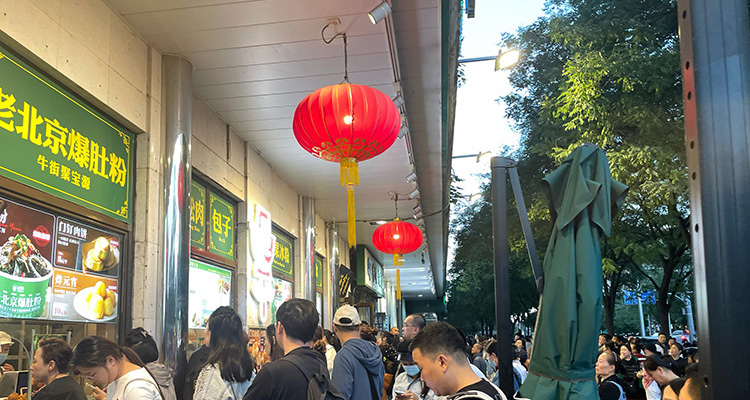Beijing Niujie: A Food and Culture Guide
Beijing Niujie is more than a street—it is a living museum of history and halal food. Known as the Muslim Quarter of Beijing, Niujie blends culture, religion, and authentic local snacks. Travelers looking for halal food in Beijing or traditional Beijing street food will find Niujie a perfect stop.
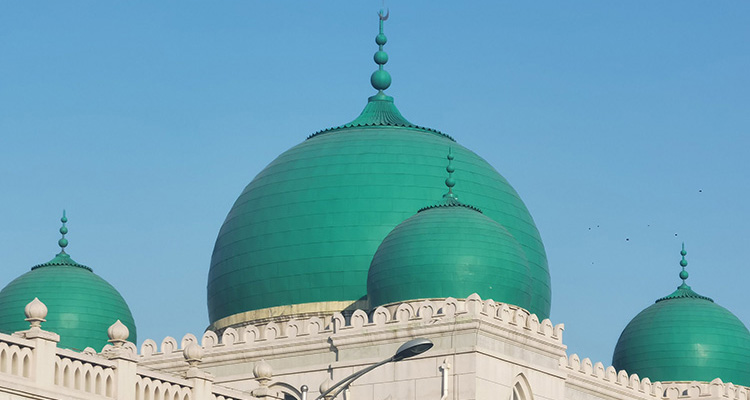
1. The History of Beijing Niujie
Niujie has been home to Muslim communities for over a thousand years. Its roots go back to the Song Dynasty, when Hui people first settled here. During the Yuan and Ming periods, the street layout took shape, and by the Qing Dynasty, Niujie had become the largest Muslim community in Beijing.
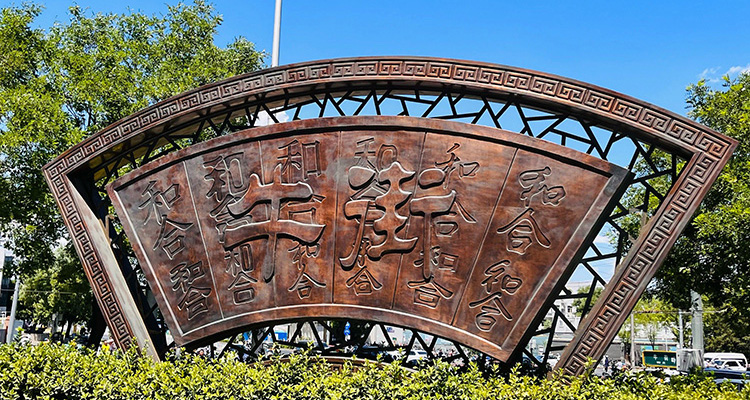
The landmark of Niujie is the Niujie Mosque, first built in 996. It is one of China’s oldest mosques and a symbol of Islamic culture in Beijing. The architecture blends Chinese palace style with Islamic art. The prayer hall has a traditional Chinese roof with green glazed tiles, while inside you see Arabic arches and geometric designs. The Moon-Watching Pavilion was used to observe the new moon for the Islamic calendar. With centuries of renovations, the mosque remains grand and spiritual, attracting both worshippers and travelers.
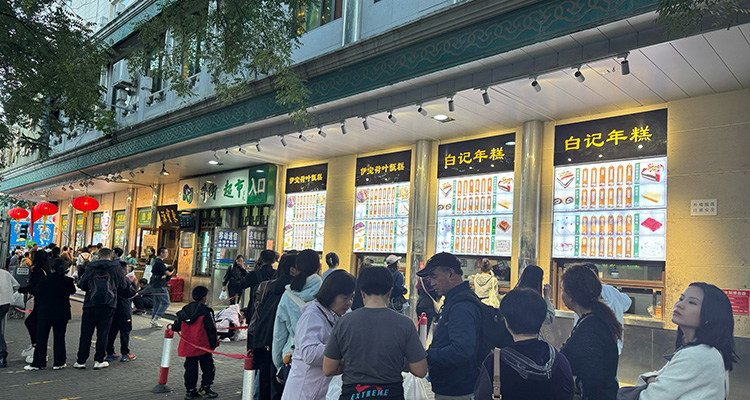
The name “Niujie” has two folk origins. Some say it came from pomegranate trees once planted here, while others link it to the cattle and lamb trade by local Hui people. Whatever the story, Niujie preserves a unique Muslim identity and strong cultural heritage.
2. Food You Must Try in Beijing Niujie
Niujie is not a fancy food street—it is a local food hub filled with authentic halal snacks. Since the Song Dynasty, food has always been the soul of this neighborhood. Here are some must-try dishes:
- Hongcai Fried Cake – A sweet fried snack with crispy skin and soft red bean filling. Cheap, tasty, and always with a line.
- Yueshengzhai Braised Meat – A historic halal brand since the Qing Dynasty. Their sesame lamb is rich, tender, and packed with flavor.
- Jingtai Ma’s Kebab – Fresh lamb skewers grilled over charcoal. Juicy, smoky, and perfect for eating on the go.
- Baiji Rice Cake – Famous for sticky rice rolls called Lvdagun, wrapped with red bean paste and soybean flour.
- Yibao Steamed Rice Cake – Made with sticky rice, red dates, and beans, wrapped in lotus leaves. Soft and sweet.
- Jubaoyuan Beef Tripe Noodles – A local favorite with chewy tripe, noodles, and spicy sesame oil.
- Hongji Baozi – Beef and lamb buns with juicy filling. Affordable and filling, great for a quick bite.
- Baoji Fermented Mung Bean Drink (Douzhi) – A traditional Beijing drink with a sour taste. Locals love it, tourists find it unique.
- Manji Beef Shaobing – Sesame-covered beef pastry, crispy outside and savory inside. Best when fresh out of the oven.
- Shiji Meat Pie – Beef pies with thick filling and chewy crust, a true local favorite.
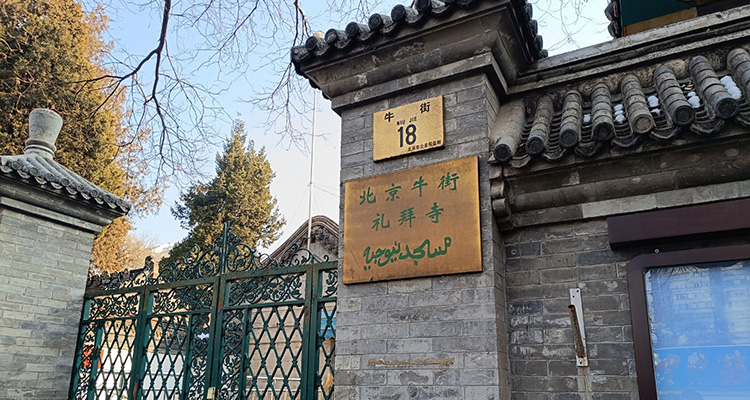
3. Travel Tips for Food and Culture
- Route: Start at Niujie Mosque to explore its history, then stroll down Niujie Street for fried cakes, braised meat, and kebabs. Don’t miss Shiji Meat Pie in Jiaozihu Tong alley. End with beef shaobing and douzhi near the market.
- Tips: Food here is filling and rich, so sample small portions. In summer, try douzhi for a cooling taste. In winter, go for hot pot or meat pies.
- Cultural Experience: Visiting Niujie Mosque is a must. It opens daily from 8:00–17:00, though access may be limited during prayer times. Dress modestly and respect the religious customs.
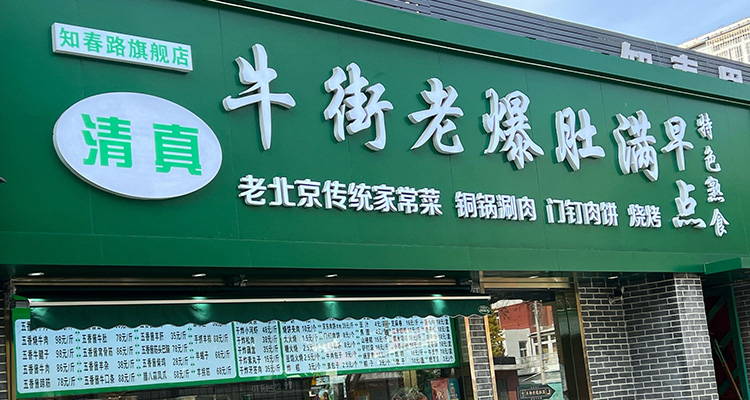
Conclusion
Beijing Niujie is a living blend of food and culture. From ancient mosques to crispy fried cakes, every corner tells a story of tradition and taste. Whether it is sesame lamb, beef buns, or fermented douzhi, Niujie offers the true flavor of Beijing. Come with an empty stomach and an open mind, and enjoy this journey of food and culture in Beijing’s Muslim Quarter.

